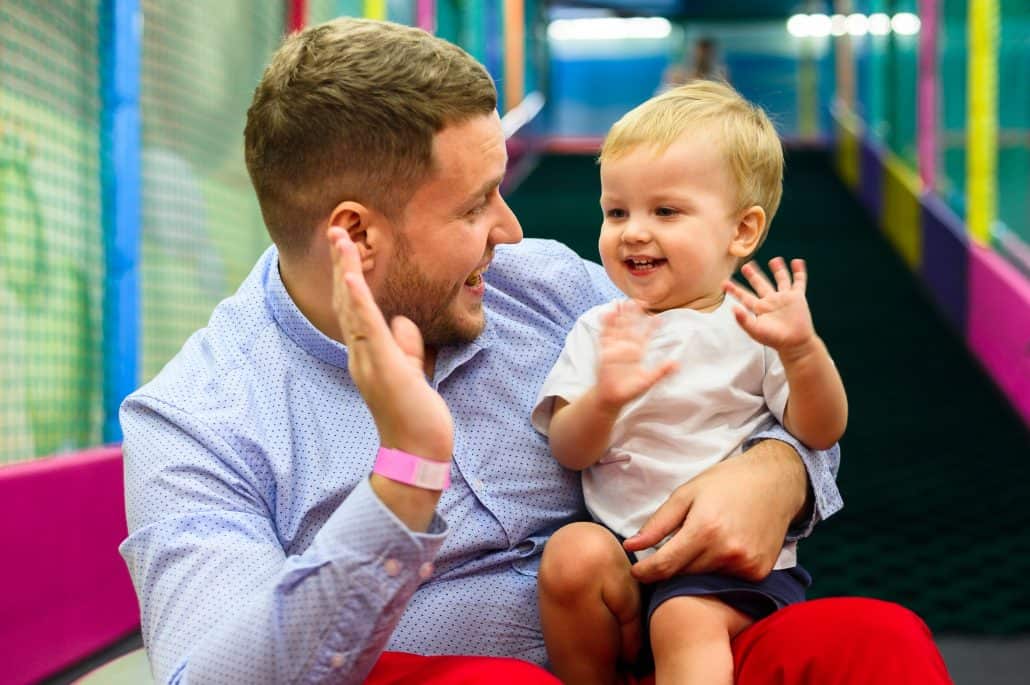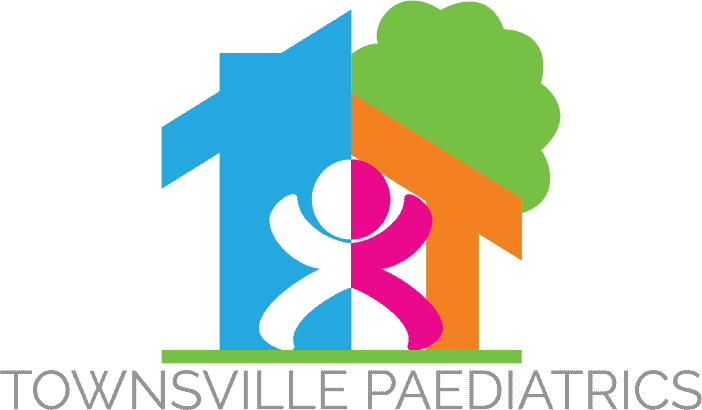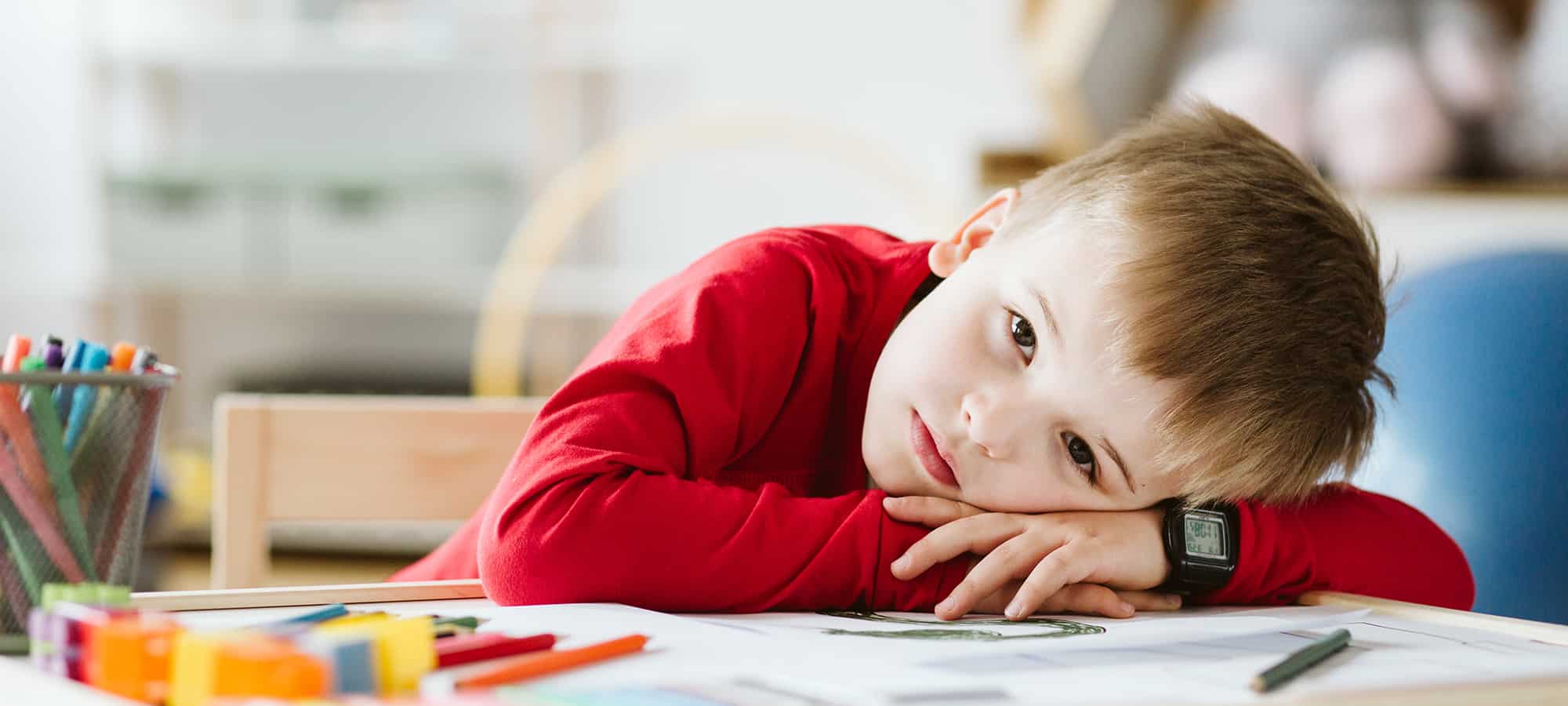Symptoms of inattention
- Fails to give close attention to details or makes careless mistakes in schoolwork or other activities.
- Has difficulty sustaining attention in tasks or play activities.
- Does not seem to listen when spoken to directly
- Does not follow through on instructions and fails to finish schoolwork or chores
- Has difficulty organizing tasks and activities.
- Avoids, dislikes, or is reluctant to engage in tasks that require sustained mental effort (such as schoolwork or homework).
- Loses things necessary for tasks or activities (e.g., toys, school assignments, pencils, books, or tools).
- Easily distracted by noises or other stimuli.
- Forgetful in daily activities.

Symptoms of Hyperactivity/ Impulsiveness
- Fidgets with hands or feet or squirms in seat.
- Leaves seat in classroom or in other situations in which remaining seated is expected.
- Runs about or climbs excessively in situations in which it is inappropriate (in adolescents or adults, may be limited to subjective feelings of restlessness).
- Has difficulty playing or engaging in leisure activities quietly.
- Appears “on the go” or acts as if “driven by a motor.”
- Talks excessively.
- Blurts out the answers before the questions have been completed.
- Has difficulty awaiting turn.
- Interrupts or intrudes on others (e.g., butts into conversations or games).
Some hyperactive-impulsive or inattentive symptoms are present before age 12.
The symptoms are present in two or more settings (e.g., at school and at home). There must be clear evidence of clinically significant impairment in social, academic, or occupational functioning.
Symptoms of Inattention/ Hyperactivity/ Impulsivity are not the only challenges children with ADHD face. There are many problems with “executive function” which have a huge impact on day to day function. These include problems with planning, starting and sticking to tasks, problems with working memory and sense of time and difficulties shifting focus and difficulties with self awareness, managing emotions and friendships. Children with ADHD are not setting out to deliberately be difficult or annoying. They need your love and support and understanding. The team around the child – parents, teachers, therapists and doctors can make a real difference so they achieve success and maintain their positive attitude and self esteem..
Post by Dr Betty Wamola from Townsville Paediatrics

